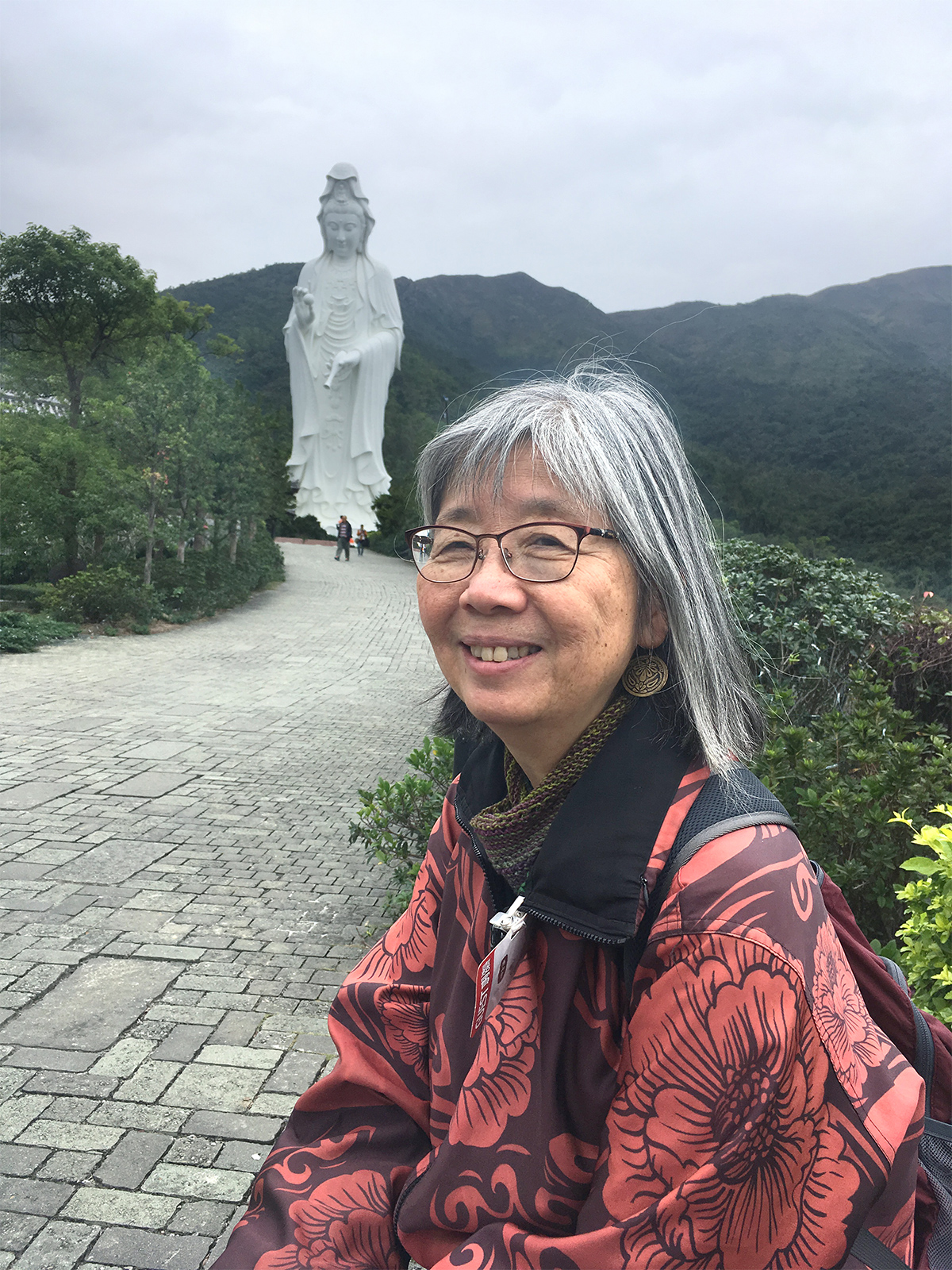
I’ve been thinking about how we are trapped – not only by doubt, but by so many other aspects of our life. Of course right now there’s the physical claustrophobia of being in lockdown, and how to “open up” – and not to go too quickly. There’s the trap of our expectations there – that things could go “back to normal” – whatever we might have in mind for what that is. Then there’s the hesitation, the fear, that comes along with that – is it safe to go out? What have the medical experts have to say? The push and pull of the health and the economy, as it is described in the daily news cycle.
Then of course we might be stuck in another way – trapped in expectations about what practice may have to offer us, and perhaps what teacher or teacher(s) we should follow, listen to, practice with. So in contrast to a definitely held physical limitation (such as social distancing and staying inside all the time) we might be trapped, stuck, regarding how to proceed on the path.
These are just two ways we might be stuck, trapped. So, now let’s think about the idea, or actuality, of a trap. Thinking about bear traps, or animal traps, they’re something that is set to surprise the animal (or us in this case) – an often hidden hole, or spring loaded clamp that unexpectedly comes to limit us. There’s the quality of proceeding ahead – with our life, with our path – and then something unexpectedly springs up – or springs out – to stop us. And we may feel stuck.
In the Shambhala teachings, Chogyam Trungpa Rinpoche teaches that the trap of doubt occurs “halfway through” – in other words, when we have had a glimpse of sanity, basic goodness. Our Shambhala vision asks us to proceed – and sometimes we are “caught” in doubting the reality – or perhaps simply the breadth – of this basic sanity.
Basic goodness seems like a good idea, I can experience it sometimes, maybe with my dog or my potted geranium plant, but when I look out to the chaos of the world, or even of our community, I’m not so sure.” It’s the doubt that wisdom exists intrinsically within each and every sentient being.
Our connection to the path has shown a glimpse of that basic goodness, but sometimes the daily grind of this life diminishes it. And we waver.
Doubt, that kind of questioning that sometimes takes us away from commitments to a personal as well as societal practice. Maybe we feel stuck and watch a lot of YouTubes or listen to the news online. I’ve been known to read Facebook a lot, or surf the internet for the latest knitting patterns.
This brings me to think about Patience Paramita. The principle of patience seems to apply to our physical “opening up” post lockdown, as well as, on a more person level – how to proceed in terms of my Shambhala practices and commitments to community.
Patience the third of the six paramitas, has been traditionally taught as the ability to forebear difficult circumstances which include situational as well as personal injuries and affronts from others, while on the bodhisattva path. Most interestingly, it also includes the ability to experience emptiness, space, without “fear or apprehension.”
Working with anger has been also taught as a way to uncover patience Paramita – as anger is often the result of unmet expectations, our mind closing in on how we want the fruit of our actions to be. While our intelligence may be pointing to details of a situation – a remedy is often close behind. And, sometimes that remedy is unmet. So instead of seeing space around our thoughts and expectations, there is the rush for solution, resulting in anger and frustration.
I myself experience this dynamic when considering the mental and physical traps I’m experiencing these days – the quarantine, the ambiguity around teachers and devotion in our community. I want there to be more clarity around when and how I could go out and travel again. I also want there to be clarity around how our Shambhala lineage(s) might be transmitted and held.
Yes, many details to pay attention to – and also a yearning for resolution. But, what seems more important is to be able to feel the space – shunyata – around these thoughts and desires. And to remember that the glimpse of BG remains, and supports that ability to rest in the moment to moment ambiguity of it all brings both challenge – to be able to rest there – as well as relief. Then, we can proceed through our life with patience, the elephant’s walk. It has mindfulness, and also heart.
Having the elephant’s walk may calm us, brings us to the simple present. But – what do we find there? That’s when the third aspect of patience Paramita – an ability to experience space ‘without fear or apprehension’ comes into play. For, what we find in this present moment is uncompromisingly awake in itself. It is the warrior of Shambhala’s courage to be able to acknowledge and participate with that wakeful space.
This is a poem that we often read at Naropa from Timely Rain:
In the jungles of flaming ego
May there be the cool iceberg of BodhicittaOn the racetrack of bureaucracy
May there be the walk of the elephant.May the sumptuous castle of arrogance
Be destroyed by vajra confidenceIn the garden of gentle sanity
May you be bombarded by coconuts of wakefulness
Elaine Yuen
May 18, 2020
